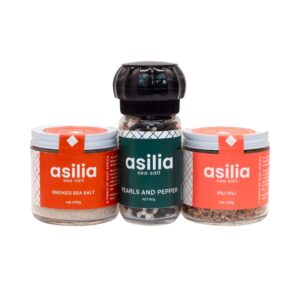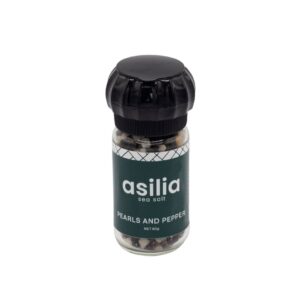Our Principles
Our underlying principles are: For Goodness, For Earth, For People. We went through a process with our amazing brand consultant, Georgie Wood, to draw out what is Asilia Salt. Asilia Salt and her sister company, Bagamoyo Sea Salt, have chosen three principles because it emulates what we do and what we believe in.
For Goodness
This is what we want to achieve with our sea salt and flavours. Our sea salt is produced using a sustainable solar salt production system where the primary energy sources are renewable – the sun and wind. We source our sea water from the Zanzibar channel in the Indian Ocean.
Our brine, a very salty sea water solution, is produced by evaporating the sea water in the reservoir pans as it flows with gravity from one pan to another. When ready, the brine is fed into our crystallisation pans and goes through one last phase of evaporation to produce the final product – sea salt. It is hand harvested by our team of salt farmers and left to dry for a day or two by the pans.

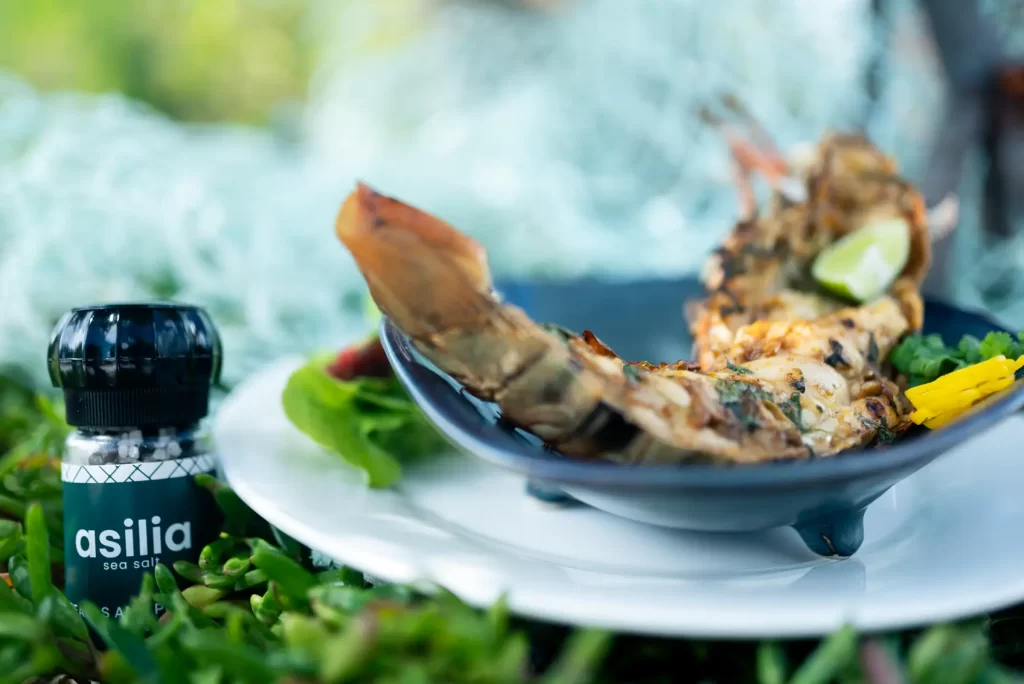
Our flavoured ingredients must meet three specific criteria – high quality, supports the farmer, and are Tanzanian products. Our organic ingredients ensure each flavoured salt has its own unique style giving our customer more choices in their kitchen.
For Earth
Without mother nature, we couldn’t make our sustainable sea salt. Without the sun, the wind, the Indian ocean, and the impermeable layer of mud holding it all together. Without the pristine and mineral rich ocean waters of the Indian ocean, we couldn’t make our unique sea salt.
Although sea salt can’t technically be organic, it has a symbiotic relationship with nature. It is well known that a poor salt pan biodiversity produces bad sea salt (Davis, 1976). The algae within the pans purifies the brine and is the foundation of our pan’s food chain. In last few pans, brine shrimp thrives in the salty solution and supports the flamingos in the pans.
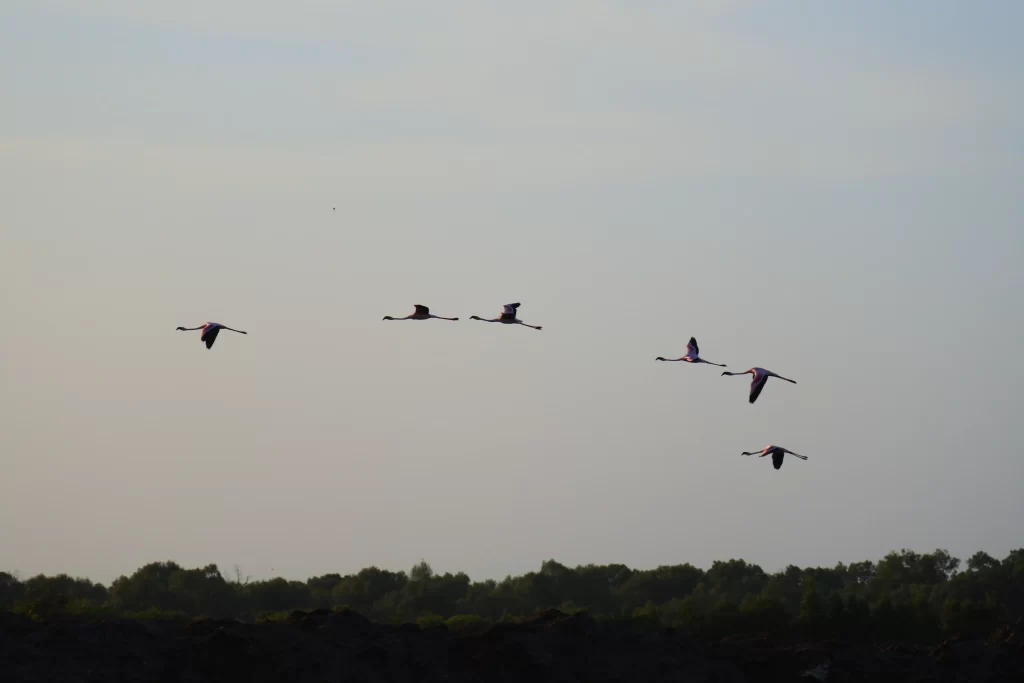
When the bi-annual rainy season occurs, we have significant flooding as our salt farms are built on the flood plains of the Wami River. With the arrival of flood water, elephants, buffalo, hippos, and other large animals wander into our salt farms in search for fresh food. The elephant particularly loves the palm fruits.
Thank you, mother nature, for giving us the tools to make our beautiful sea salt!
For People
Bagamoyo Sea Salt has built a strong relationship with Kitame village over the last 70 years. We have grown with Kitame in a very isolated location in Bagamoyo district, with no utilities such as water and electricity. Together we have proudly improved Kitame village in several areas:
- Education – built classrooms, teachers’ accommodation, built and supply classroom desks, and built a permanent water source
- Health – built a pharmacy unit (pre-clinic) and then built the local clinic
- Infrastructure – build and maintain the only road accessible for a cars
- Water – built and maintain all the water sources for Kitame village
- Food – built and supply Kitame’s first shop
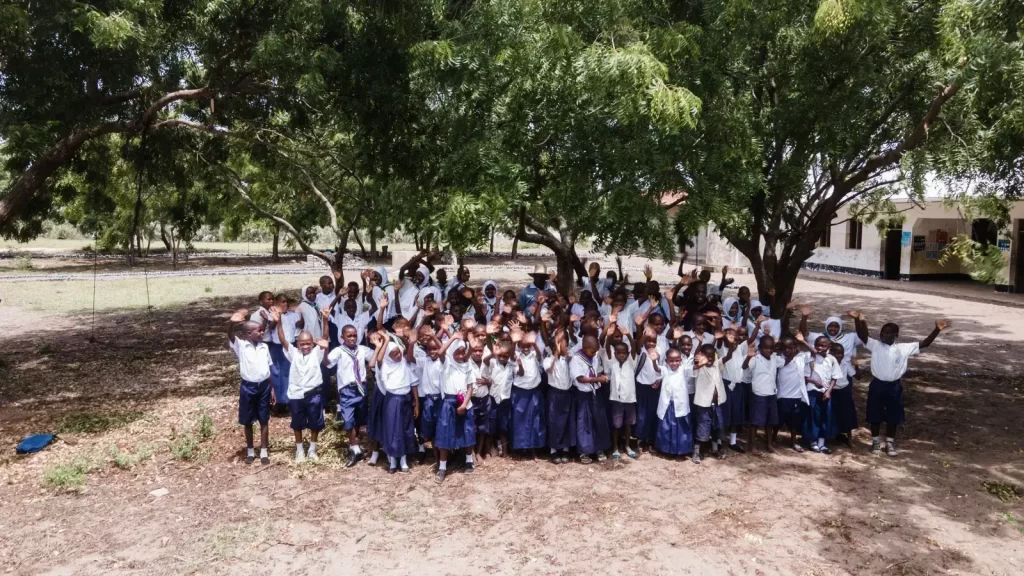
Bagamoyo Sea Salt wouldn’t be where it is today without the farmers of Kitame. Here are some numbers and statistics from 2022:
- During a peak month period, we had a record breaking 225 salt farmers.
- In 2022, 65% of our salt farmers were women
- In the factory space, women account for 50% our workforce
As a group, we will continue to support the sustainable development of Kitame in the years to come. Our next goal is to grow more small businesses within the area where we can. Look forward to keeping you all updated on our journey!
